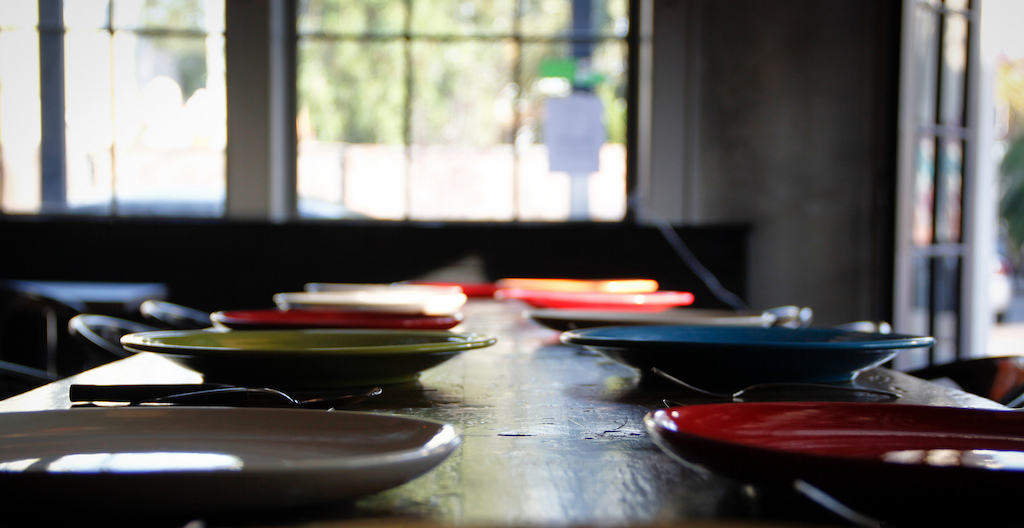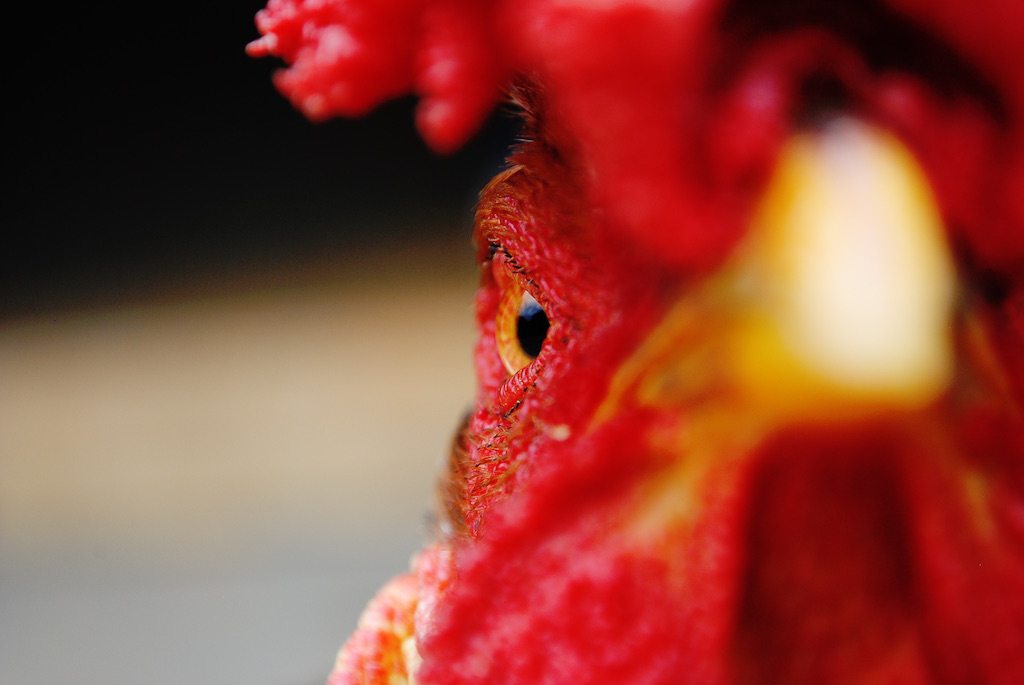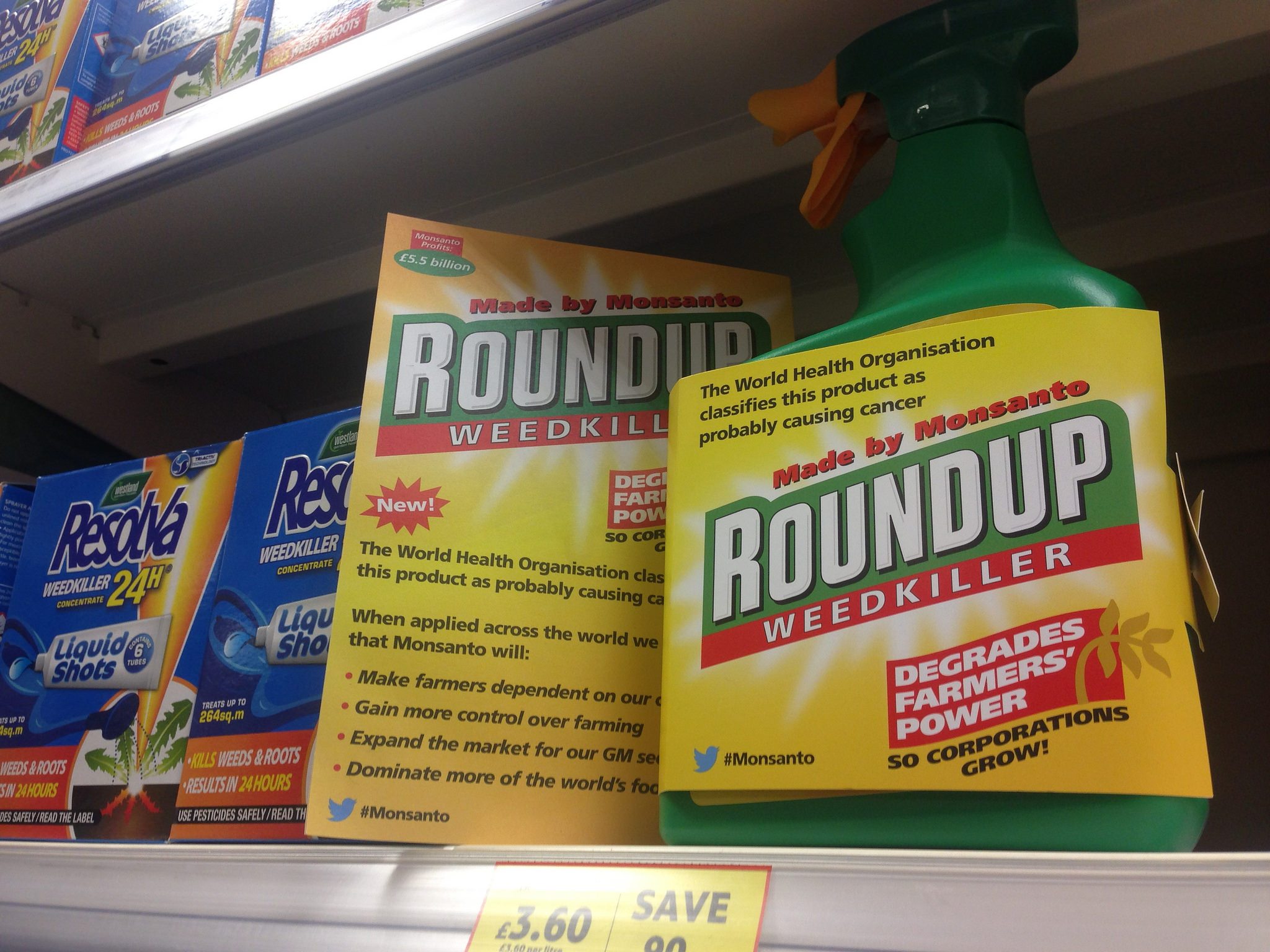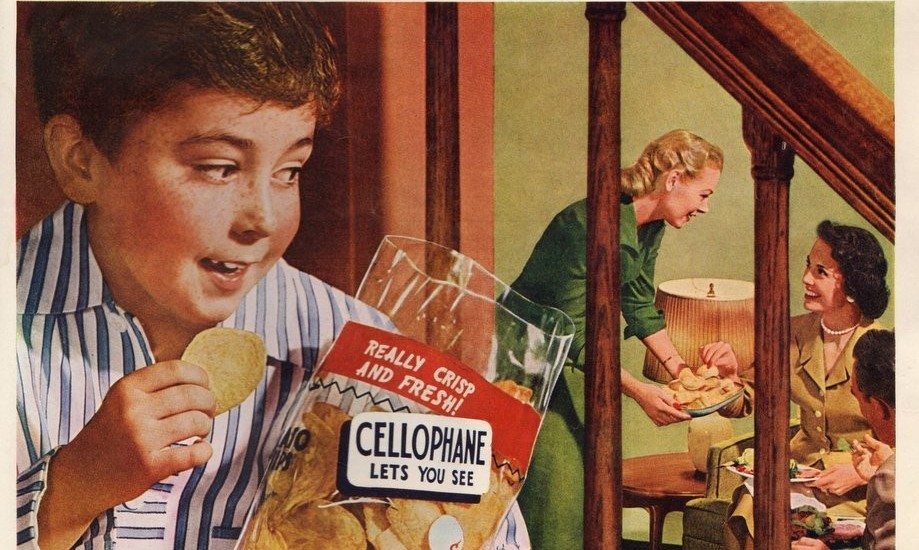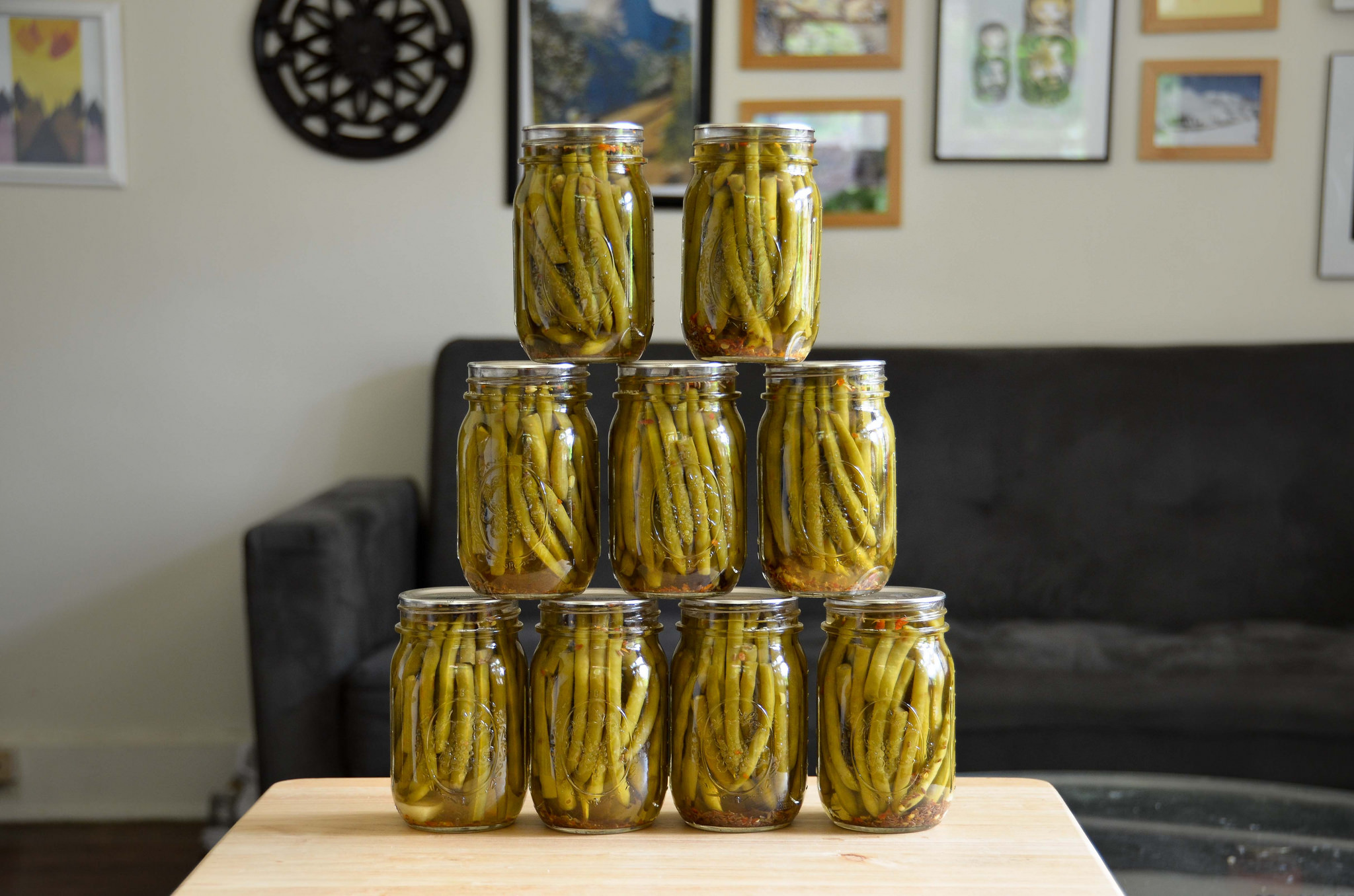Ever take a shortcut on a work assignment so you can get home in time for dinner? Or snap at a co-worker after a tough phone call with a client? Turns out, job stress impacts the people who recently downgraded your neighborhood pizza joint from an “A” to a “C,” too.
Health inspectors: They’re just like us!
A new working paper from the Harvard Business School analyzes thousands of food safety inspection records for restaurants and food-service establishments. The results show that, were “daily schedule effects” non-existent, inspectors might cite 9.9 percent more health violations, resulting in 19 million fewer foodborne illnesses per year.
On the other hand, a late-in-the-day inspection may also come with its own benefits. Like pretty much everyone, health inspectors like leaving the office on time, and they get tired as the day wears on. That means the average number of violations they’re likely to cite falls by 3.2 percent with each new inspection throughout the day. And “potentially shift-prolonging inspections,” like a 5:30 commercial kitchen visit, for example, exacerbate the fatigue factor even further. Those inspections yield 5.1 percent fewer citations than the first in the day.
Ibanez and Toffel write that these biases could be eliminated with some pretty simple changes. Managers could cap inspectors’ daily quotas to ensure they stay sharp, or schedule administrative tasks for end of day so the last inspection doesn’t get the short end of the stick.
In the meantime, there’s no need to stop eating at your local sandwich shop for fear of a sleepy inspector missing a giant rat’s nest. These guys still cite, on average, two or three violations per inspection. At worst, the 5 percent “hanger”-related dip inspectors experience probably only means they end up missing the improperly stored dishwashing soap bottles in four dozen restaurants out of a thousand.
Or maybe that’s just what we prefer to believe.
